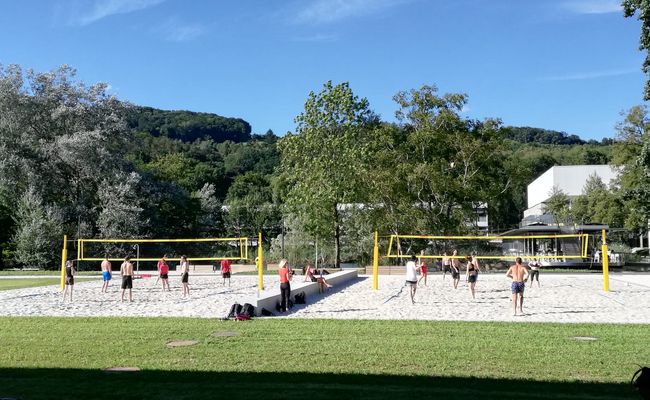Social economics is an interdisciplinary program, meaning the curriculum includes a combination of political sciences with sociological, business, and legal approaches. You acquire an ability to look at social problems from different scientific perspectives, as well as play a key role in developing solutions at the crossroads of politics, society, and business.
The Sociology degree program focuses in-depth and from a sociological perspective on the theoretical and empirical analysis of social problems.
The program addresses business decision-making in microeconomic or macroeconomic settings for a variety of subject areas, such as the environment and sustainability, emissions trading, trade wars, the healthcare systems, aging societies, etc. You learn about "the big picture" in business and interact daily with people and companies.






